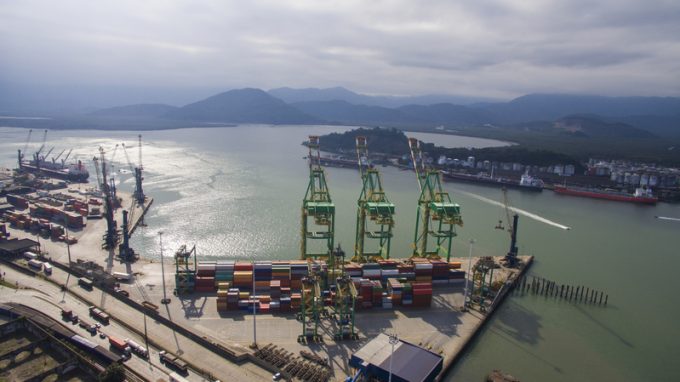Cold store giant Americold moves into Brazilian market with Superfrio stake
Chilled storage giant Americold has continued its international expansion with a move into the Brazilian ...

Brazil’s Lula administration this month embarked on a privatisation drive to see the nation’s port terminals in private hands – a move coinciding with a damning report on the state of its shipping sector.
A working group of Hidrovias do Brasil, Port of Açu and Wilson Sons has launched a Manifesto for Innovation in the Maritime and Port Sector, which points out shortcomings in Brazil’s port network which serve as a drain on international trade.
Of ...
'Disastrous' DSV-Schenker merger would 'disrupt European haulage market'
New senior management for DSV as it readies for DB Schenker takeover
Volumes set to 'fall off a cliff' as US firms hit the brakes on sourcing and bookings
Asian exporters scramble for ships and boxes to beat 90-day tariff pause
Amazon pushes into LTL for small package fulfilment and UPS does a u-turn
Temporary tariff relief brings on early transpacific peak season
Pre-tariff rush of goods from US to China sees air rates soar, but not for long
Forwarders 'allowing the fox into the chicken run' by supporting 'hungry' carriers

Comment on this article